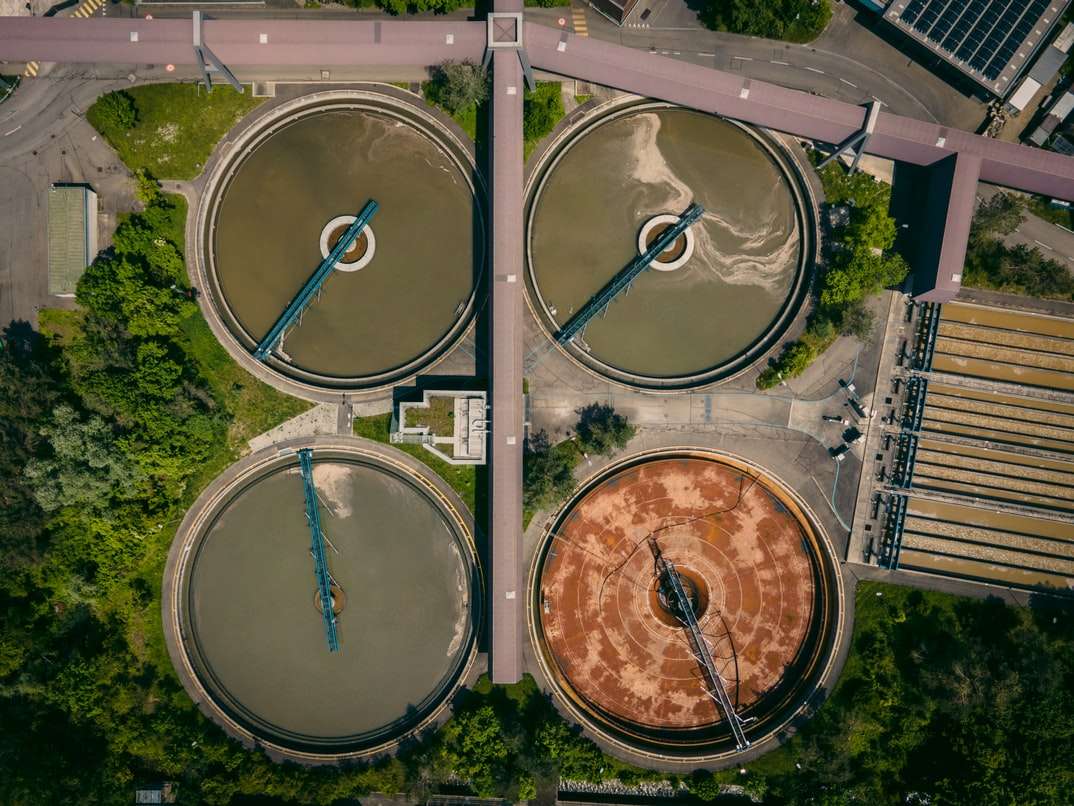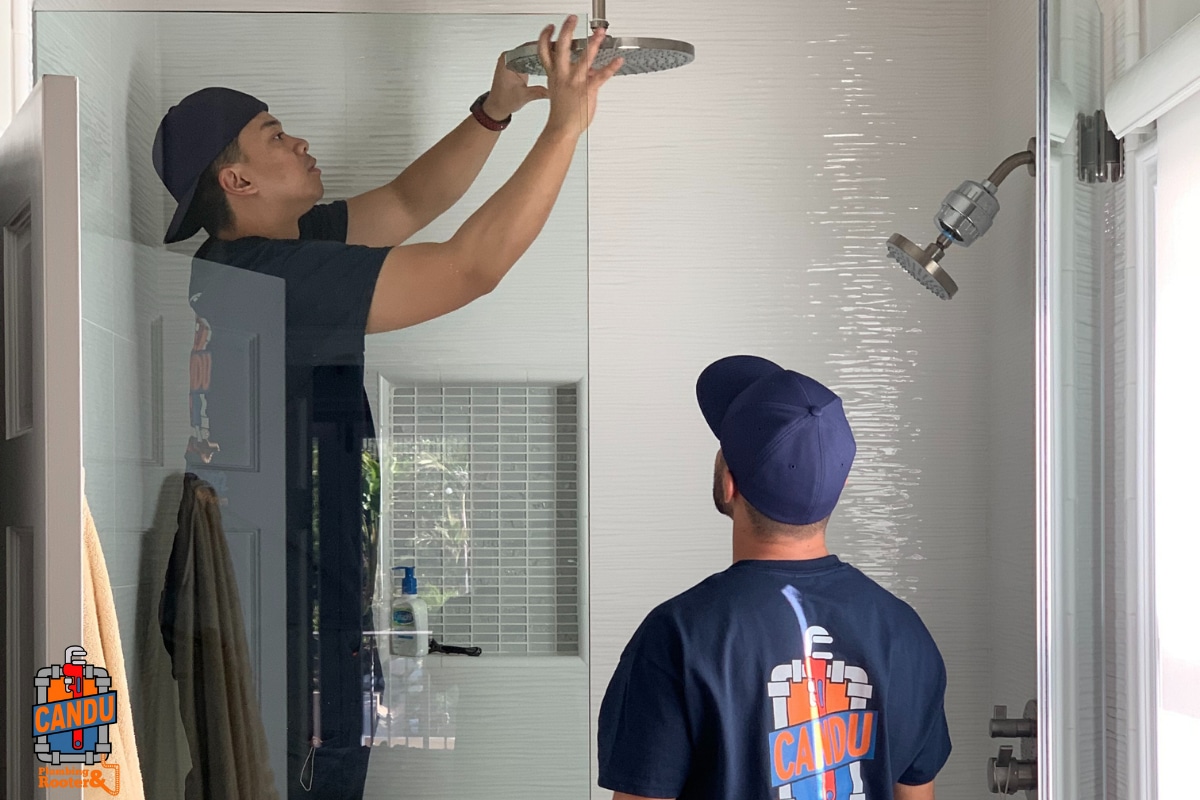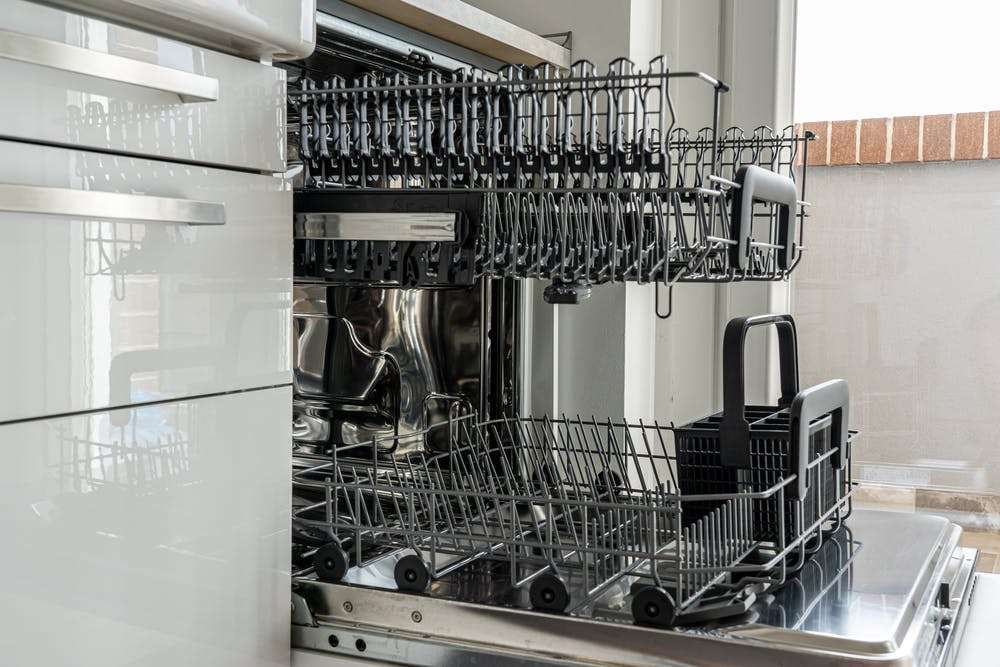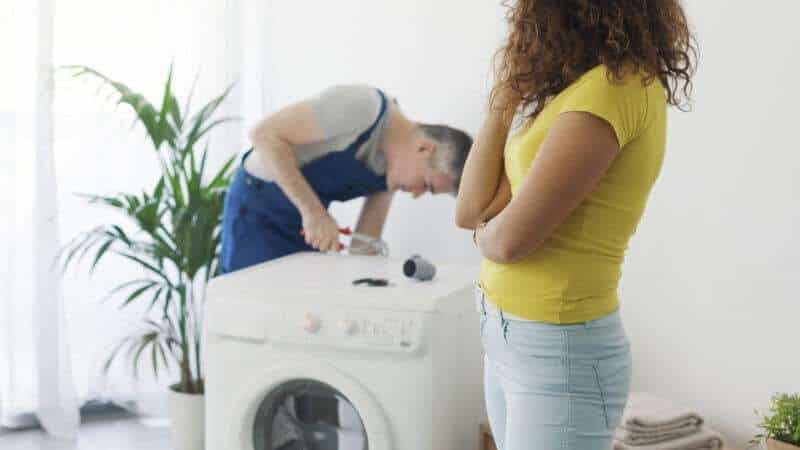Septic tanks are very important, and they need to be maintained properly or they can fail. The result can be catastrophic if the septic tank failure occurs in your home. Knowing the reasons septic tanks fail is crucial in preventing it from happening.
1. Lack of Maintenance
The septic system transfers wastewater into the tank, and inside the tank, heavy contaminants are separated from the water and settle on the bottom, which forms a sludge, while light pollutants turn into a scum that floats to the water’s surface. The tank will only eliminate the water once the sludge and scum are separated. With this, the sludge and scum are left inside the tank, and most of it will break down naturally over time.
Keep in mind that not all of these contaminants will break down naturally on their own. That’s why it’s essential to have the tank pumped out at least once every three years to remove the build-up. Otherwise, they can take up too much space that can compromise the overall performance of the tank.
2. Too Much Water Usage
Septic tanks are limited, which means they can only process a certain amount of wastewater at a time. Therefore, your home’s septic tank is designed to handle a specific flow rate of water based on the size of your home. Usually, your tank can dispel wastewater at the same rate or faster than it takes on water. However, when you use too much water, a problem may arise.
When there’s too much water, the tank will fill up before it can empty out. The excess water has to go somewhere, right? And with that, it often goes back to you through your pipes or onto the lawn.
3. Tank Damage
There are many things that can damage your septic system, specifically its four components. If anything happens on any of the components, the tank can be compromised.
Usually, it starts with minor damage that builds up over time. A common source of damage is tree roots because they can grow into the system. As a result, it can dislocate or puncture the pipes or, worse, break the tank itself. The roots can clog drain lines as well.
4. Incorrect Installation
Let’s say you have the right septic tank size, but if it’s not installed properly, then it won’t work. As part of the installation process, the septic system should be buried in a certain type of soil at a specific depth. The soil is an important part of the whole system because it plays a role in the safe absorption of wastewater. Moreover, it is significant in how the water is dispersed.
Do You Have a Septic Tank Problem?
Whether you need maintenance or repair for your septic tank, it’s vital to know the common reasons that septic tank performance can become compromised. A septic tank is an underground structure built to support the biological decomposition of domestic sewage. Yet, despite how simple, robust, and reliable your system has proven to be over the years, it still comes with its fair share of problems.
Candu Plumbing & Rooter is the best plumber in Canoga Park, CA. We cover all professional plumbing and drainage services for commercial and residential areas. Contact us today!





